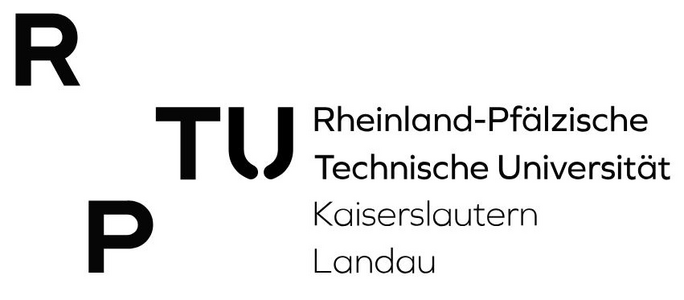Postdoc position in Germany
After the doctorate – continuing as a postdoc?

How do I find a postdoc position in Germany? © PeopleImages / iStock
Postdocs need to be highly skilled, ambitious, and flexible. In return, they are frequently offered little more than autonomy in their work. Advantages and disadvantages of the career as a junior researcher in Germany.
Updated: 2023-11-07
Opportunities outside academia
Young scholars with a doctoral degree under their belt (theoretically) have the world at their feet. Industry tempts them with well-paid opportunities, while academia offers them the chance to delve further into their particular area of research, perhaps even at one of the leading institutions in their field.
"Having a career goal after successfully completing a doctoral degree is vitally important," says Dr Nathalie Huber of the Institute for Research Information and Quality Assurance (Institut für Forschungsinformation und Qualitätssicherung – iFQ). "At this stage, in particular, the opportunities available outside of academia seem very appealing." Research facilities in industry and in non-university research institutions (Max Planck, Helmholtz, etc.), often have much larger budgets and offer a greater number of permanent positions. Moreover, in the private sector, a doctoral degree frequently opens doors to senior positions and a good salary.
"A PhD signifies stamina and subject expertise. A person who has completed a doctorate has proven that he or she can engage with a particular subject in great depth. These are skills that many companies value highly," continues Huber. Anyone who is not distracted by such temptations and opts for an academic career will often find an immensely fulfilling but difficult road ahead.
Junior researchers need to establish a presence
"The prospects for secure, well-paid jobs are, of course, considerably worse when compared with industry," acknowledges Dr Julia Pongratz. The 31-year-old geography scholar is currently in the middle of her postdoc period and knows a thing or two about how tough it can be to follow an academic career path. After receiving her PhD with a dissertation on the "human impact on the climate prior to industrialisation" from the renowned Max Planck Institute for Meteorology in Hamburg, she went on to Stanford, where she conducted her own research project.
"Working as a research fellow is free, creative, and immensely fulfilling. It is very motivating to feel that I am advancing science in my particular field," says Pongratz of her decision to work at a university. While working in Hamburg and Stanford, she was also able to lay the foundations for a career in academia: she published numerous well-regarded articles in high-ranking journals, gained experience directing her own research projects at home and abroad, and established good contacts within her field.
Nathalie Huber of iFQ sees these things as important prerequisites for a successful academic career. "For a successful career, young researchers need to make their mark on the academic world, establish a presence, forge a name for themselves internationally, and network successfully."
A bottleneck in career opportunities
A good reputation as a scholar is no guarantee of a future professorship, however. No other European country has so few academics employed in permanent positions as does Germany. Experts are even talking about a "bottleneck" with respect to the job market for PhDs. "Anyone who does not manage to make the leap into a professorship is often caught between two stools," says Huber.
After 10 years in academia and already in their mid-40s, applicants are not particularly attractive to industry, and permanent appointments to junior faculty positions are rare. Tenured professor or bust? This is rarely the case in other countries. "In the USA, the tenure track system offers junior academics good jobs, with the prospect of permanent positions," says Pongratz. Tenure track professorships do exist in Germany, but a rather rare.
Funding, better working conditions, and new positions
Recently, however, these problems have been attracting attention in Germany, as well. "Change is on the horizon," confirms Huber. "Funding for research has been increased, working conditions are being improved, and new positions, such as junior research group leader and junior professor, have been created."
In addition, there are ever more fellowships and funding programmes available for postdocs from Germany and abroad. These programmes have spurred a number of changes: be it the possibility of carrying out one's own research project over a period of three to five years or the opportunity to lead an entire research group. Nevertheless, this shift is only in its early stages, as Huber explains. "It is still difficult to combine an academic career with having a family, and there are still not enough alternatives to being a tenured professor. Nonetheless, there are clearly positive new developments."








